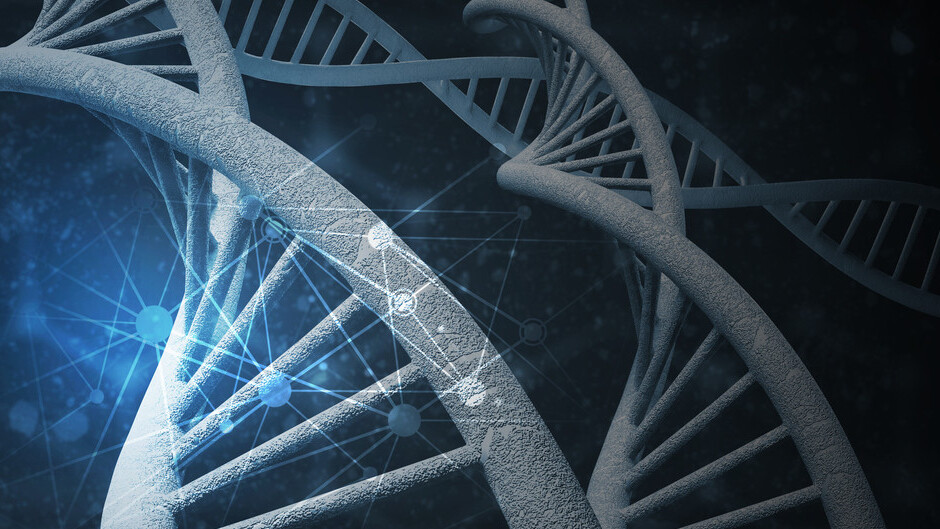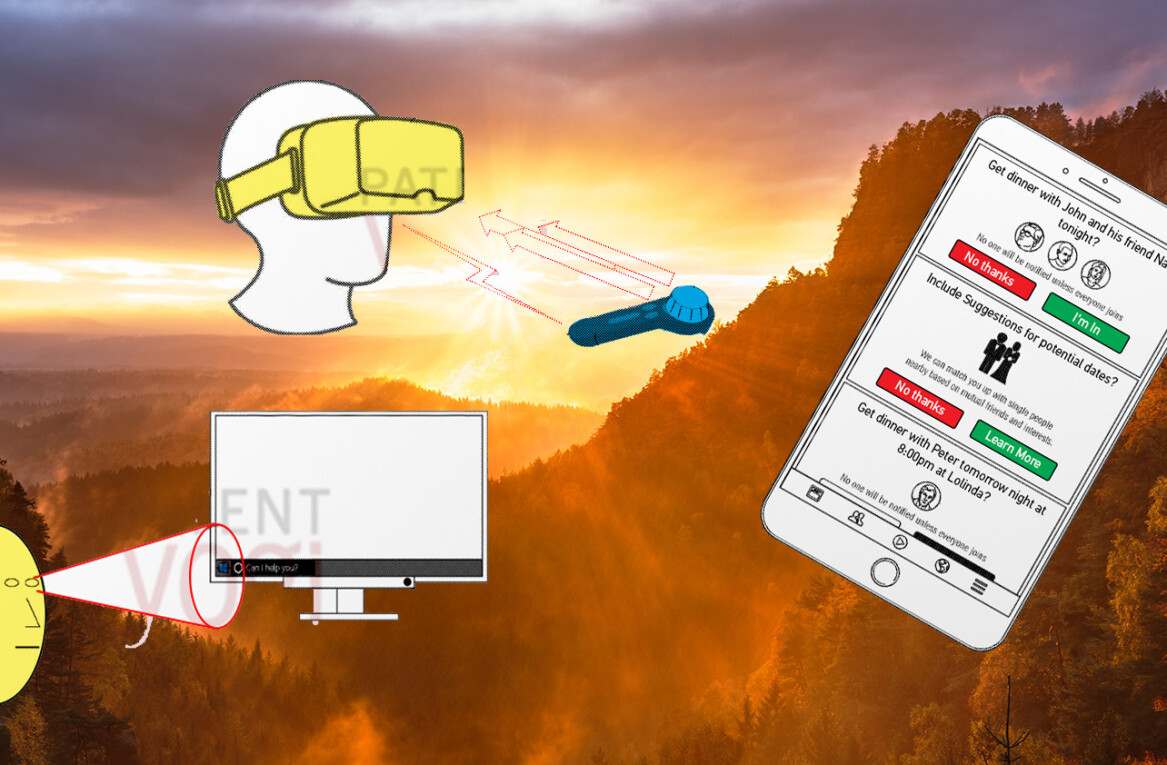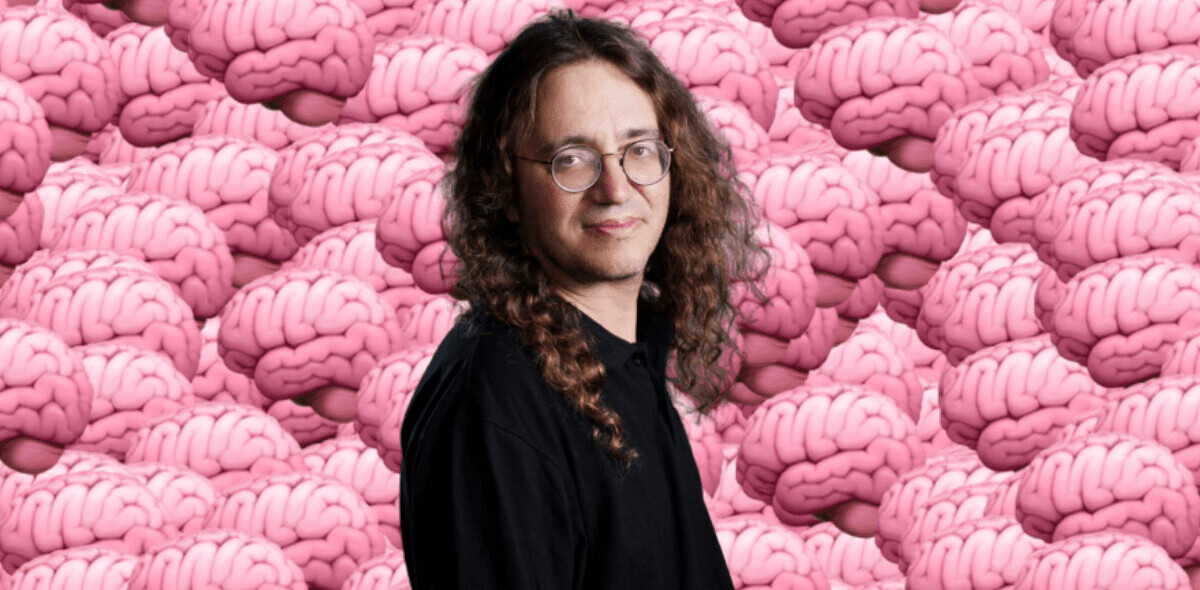
There’s currently a shortage of over seven million physicians, nurses and other health workers worldwide, and the gap is widening. Doctors are stretched thin — especially in underserved areas — to respond to the growing needs of the population.
Meanwhile, training physicians and health workers is historically an arduous process that requires years of education and experience.
Fortunately, artificial intelligence can help the healthcare sector to overcome present and future challenges. Here’s how AI algorithms and software are improving the quality and availability of healthcare services.
AI health assistants
One of the most basic yet efficient use cases of artificial intelligence is to optimize the clinical process. Traditionally, when patients feel ill, they go to the doctor, who checks their vital signs, asks questions, and gives a prescription. Now, AI assistants can cover a large part of clinical and outpatient services, freeing up doctors’ time to attend to more critical cases.
Your.MD is an AI-powered mobile app that provides basic healthcare. The chatbot asks users about their symptoms and provides easy-to-understand information about their medical conditions. The platform has a vast network of information that links symptoms to causes.
The assistant uses natural language processing and generation to provide a rich and fluid experience, and machine learning algorithms to create a complex map of the user’s condition and provide a personalized experience.
Your.MD suggests steps and measures to remedy the illness, including warning users when they need to see a doctor.

Other health assistants such as Ada integrate their technology with Amazon Alexa to improve the user experience. Ada becomes smarter as it gets familiar with the user’s medical history. Aside from generating a detailed symptom assessment report, Ada also provides the option to contact a real doctor.
Babylon Health, another intelligent health companion, complements its assistance by following up with users on past symptoms, and in case the need arises, setting up live video consultation with a general practitioner.
Health assistants save patients a trip to the doctor for more trivial diseases. Also, in areas where doctors and clinics are in short supply, it can save patients hours of waiting in line.
Early and precise diagnosis
The treatment and prevention of rare and dangerous diseases often depends on detecting the symptoms at the right time. In many cases, early diagnosis can result in complete cure. Conversely, a late or wrong diagnosis can have damaging or potentially fatal results. Human skills and experience are limited and hard-to-earn when it comes to examining images and samples and making reliable decisions.
AI algorithms can quickly ingest millions of samples in short order and glean useful patterns. And unlike humans, they don’t lose their edge when they grow old. Several institutions and firms are investing on this scheme in developing healthcare solutions.

DeepMind, a Google-owned AI company, is using machine learning to fight blindness in cooperation with NHS. Researchers at the firm are training a deep learning algorithm with a million anonymous eye scans. This will help spot eye conditions such as wet age-related macular degeneration and diabetic retinopathy at early stages. According to the experts, in some cases, they might eventually be able to prevent 98 percent of most severe visual loss.
Morpheo is an AI platform that helps in the diagnosis of sleep disorders. The traditional process of analyzing sleep patterns is complicated and time consuming. With the help of machine learning algorithms, Morpheo is assisting doctors by automating the identification of sleep patterns. The creators believe this will help in creating predictive and preventive treatments.
Dynamic care
For some diseases, identifying the right treatment path and adapting it to changes overcoming patient health is critical and challenging.
IBM is having its own foray at fighting cancer with AI, and its Watson for Oncology platform is getting ready for production. The platform will be used in a Florida community hospital to help treat cancer patients. Watson is especially adept at analyzing both structured and unstructured data.
It ingests reams of clinical trial data and medical journal entries, then finds patterns and presents cancer care teams with a list of effective therapies and treatment options.
Experts at University of North Carolina School of Medicine tested Watson with one thousand cancer cases. The platform gave the same recommendations as professional oncologists in 99 percent of the cases.
This can prove crucial to smaller hospitals and medical centers that are lacking in human expertise and technical resources.
Other firms are using artificial intelligence to take small yet crucial steps in the treatment of illnesses. One example is AiCure, a mobile app that uses AI and image analysis to control patient adherence to prescriptions. This includes making sure patients take their medication on time and perform other tasks ordained by their doctor. This can be useful for people with serious medical conditions and patients who might go against their doctor’s prescriptions.
What lies ahead
Artificial intelligence has challenges to overcome before it gains full traction in many fields. And healthcare is no exception, especially where privacy is concerned. Last year, DeepMind ran afoul of UK authorities and privacy groups over its data sharing deal with the NHS. Medical information is sensitive, and institutions that handle it need to mind their collection, storage and sharing policies.
Some firms are considering blockchain, the distributed ledger that supports Bitcoin and Ethereum, as a solution. Morpheo, for instance, uses blockchain to ensure transparency and privacy of patient data on its platform.
Another open-ended question is how artificial intelligence will affect jobs in the healthcare sector. At the current stage, it’s a given that caring for humans is the job of humans. For the moment, no algorithm is able to emulate both the social and professional functions of a doctor or nurse. In fact, robots are not replacing but enhancing human efforts to improve the overall quality and availability of health services.
Will the suggestion-making role of AI-based healthcare tools someday turn into decision-making? Only time can tell. But recent developments in artificial intelligence show that machines still have quite a few surprises up their sleeves.
Get the TNW newsletter
Get the most important tech news in your inbox each week.




